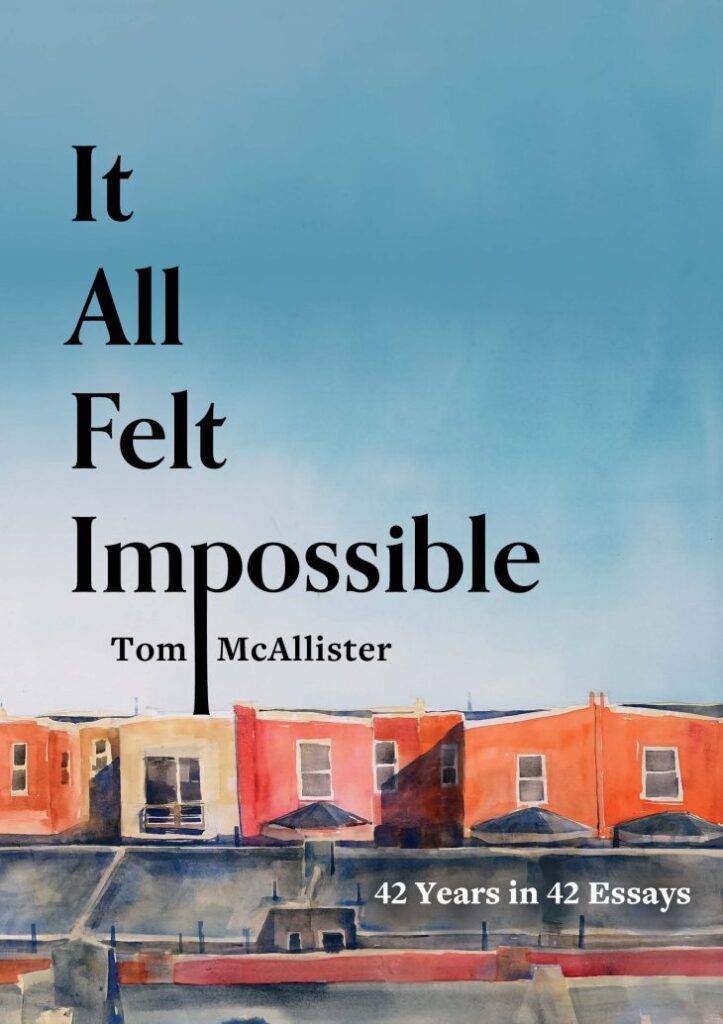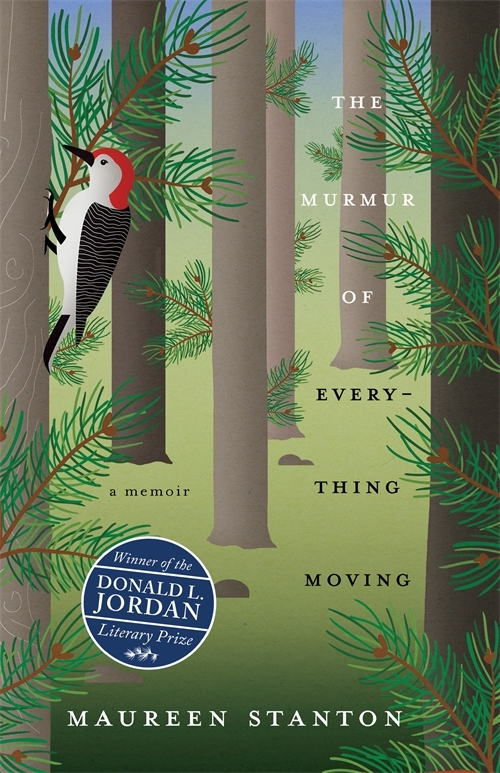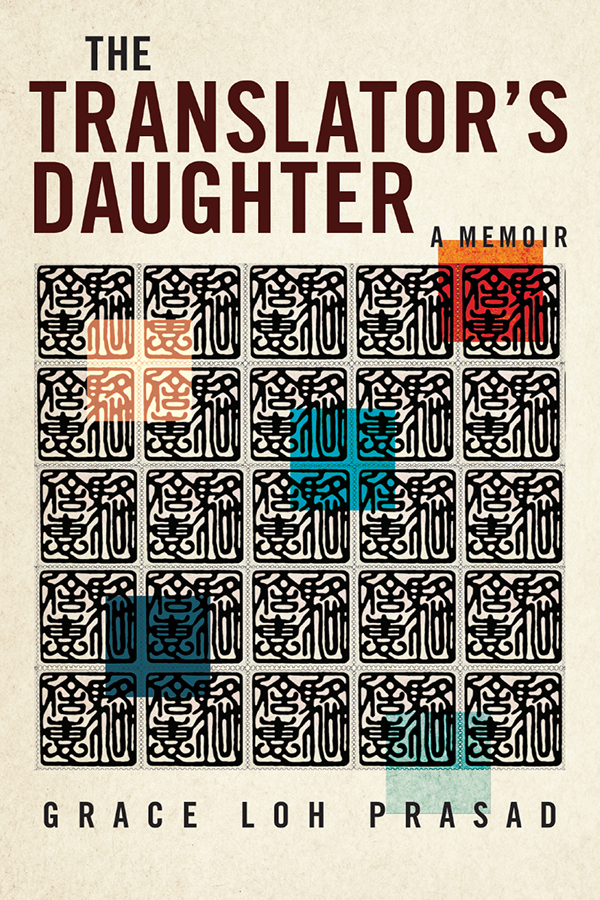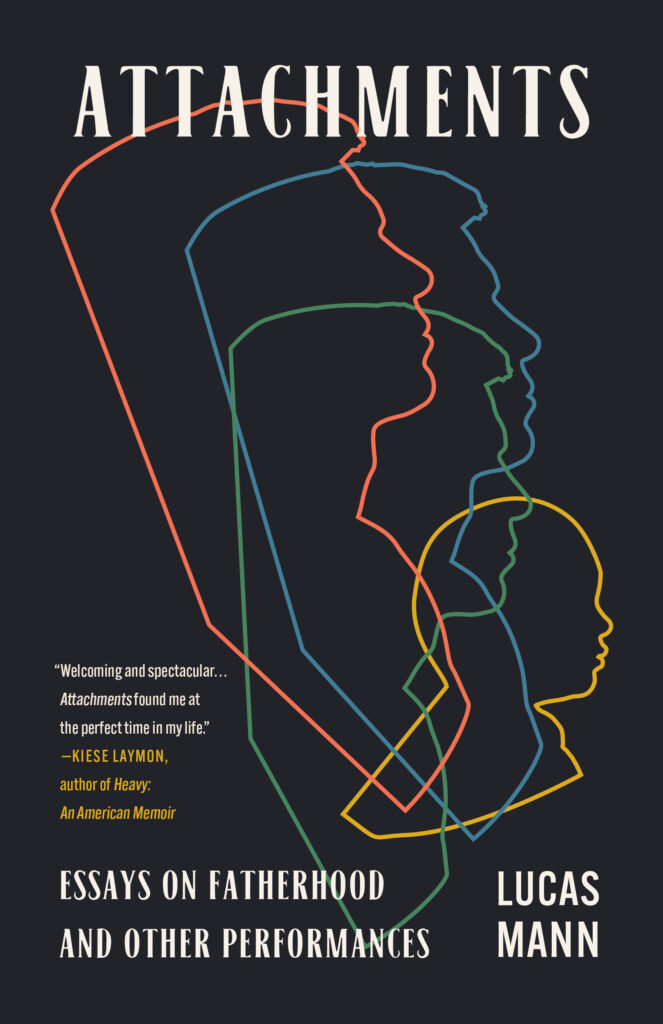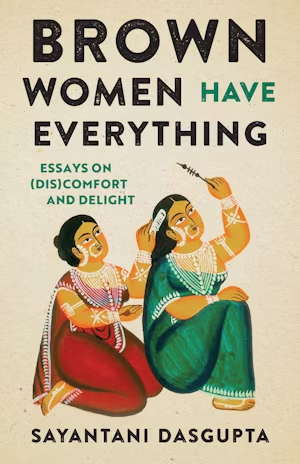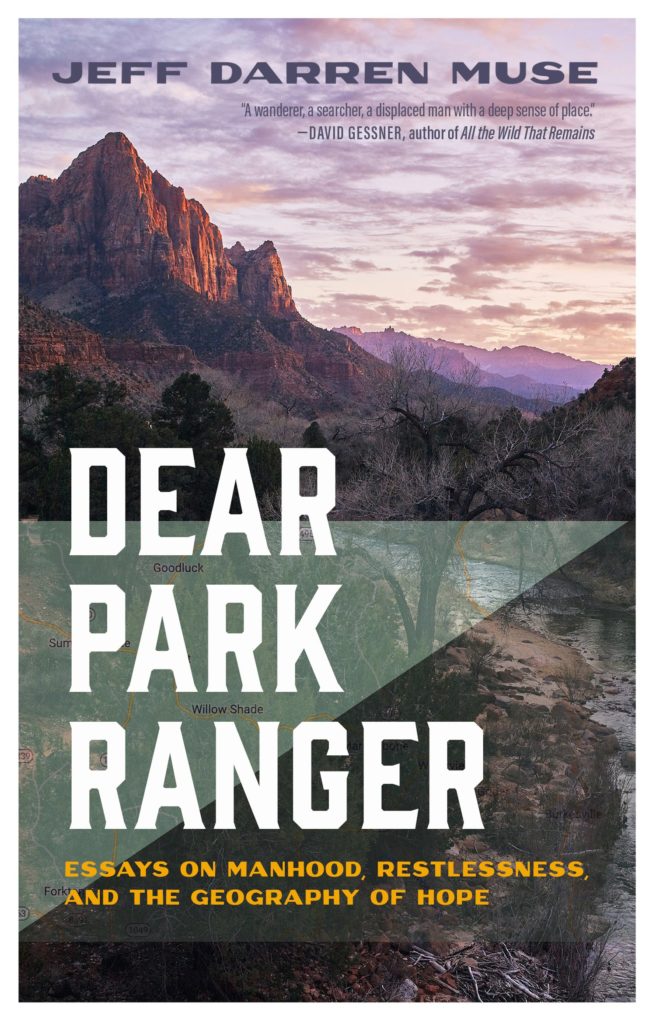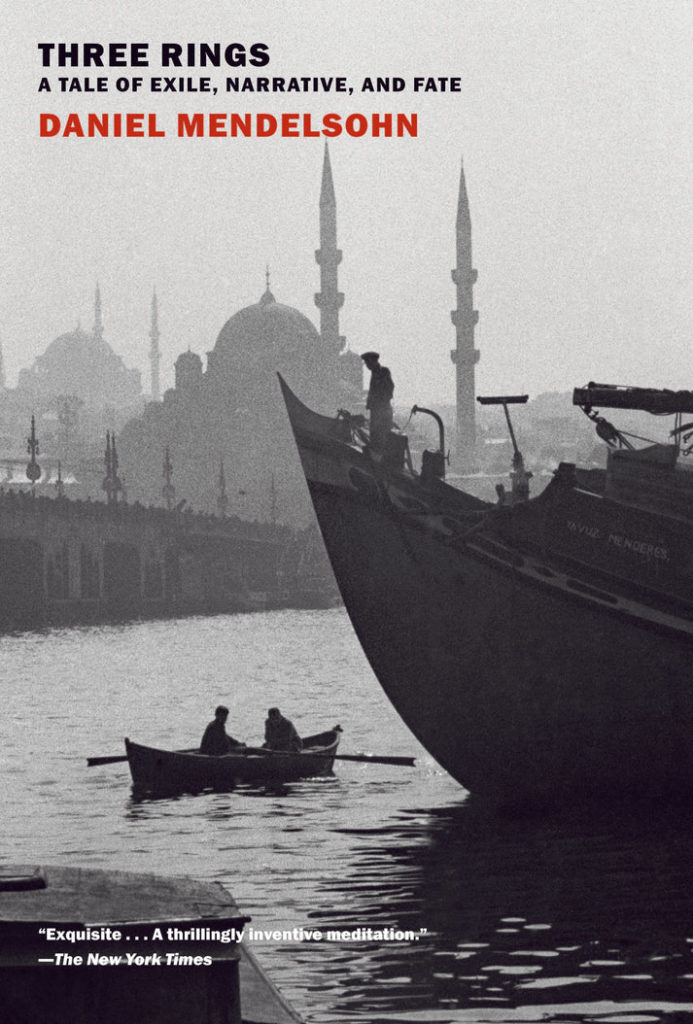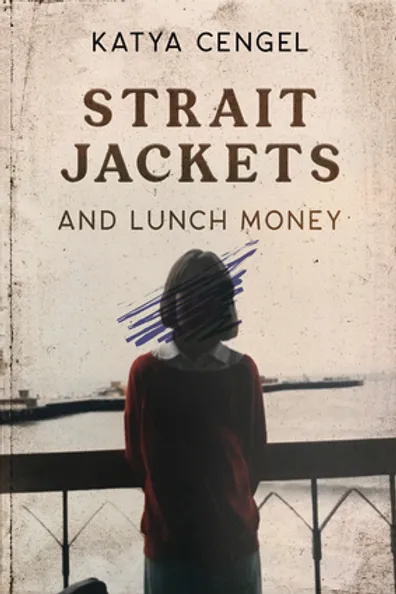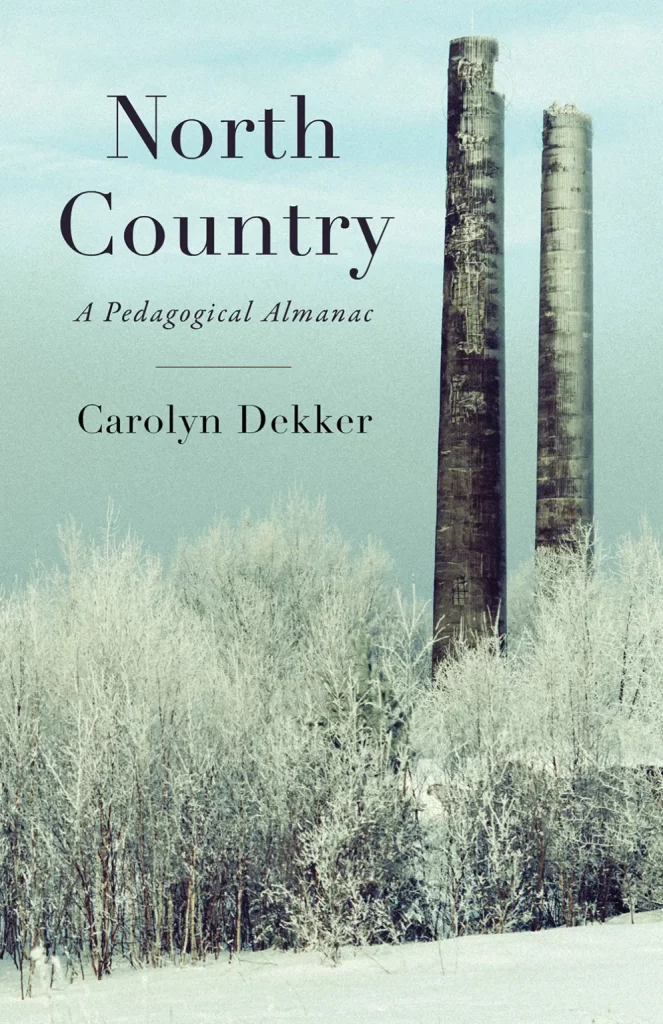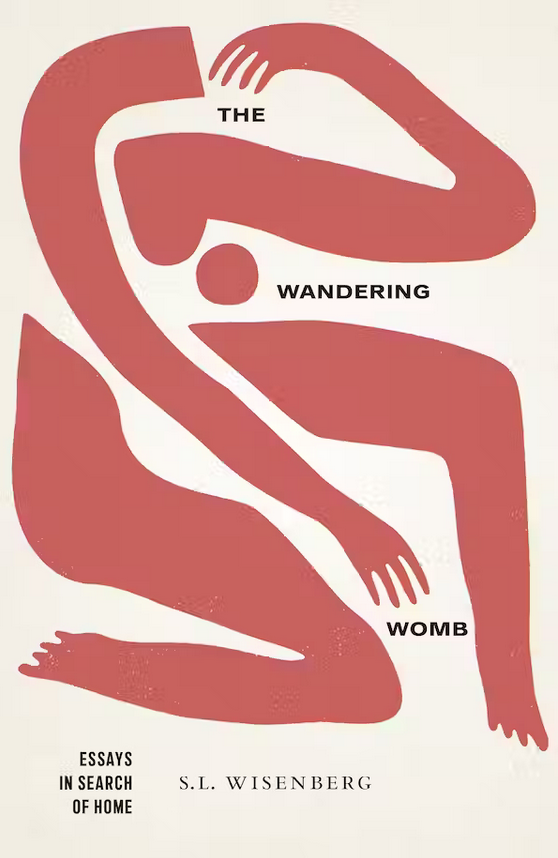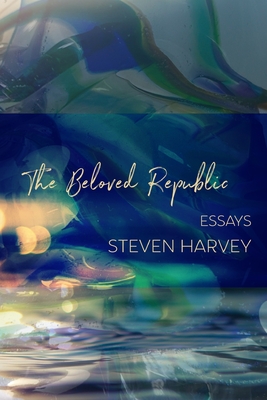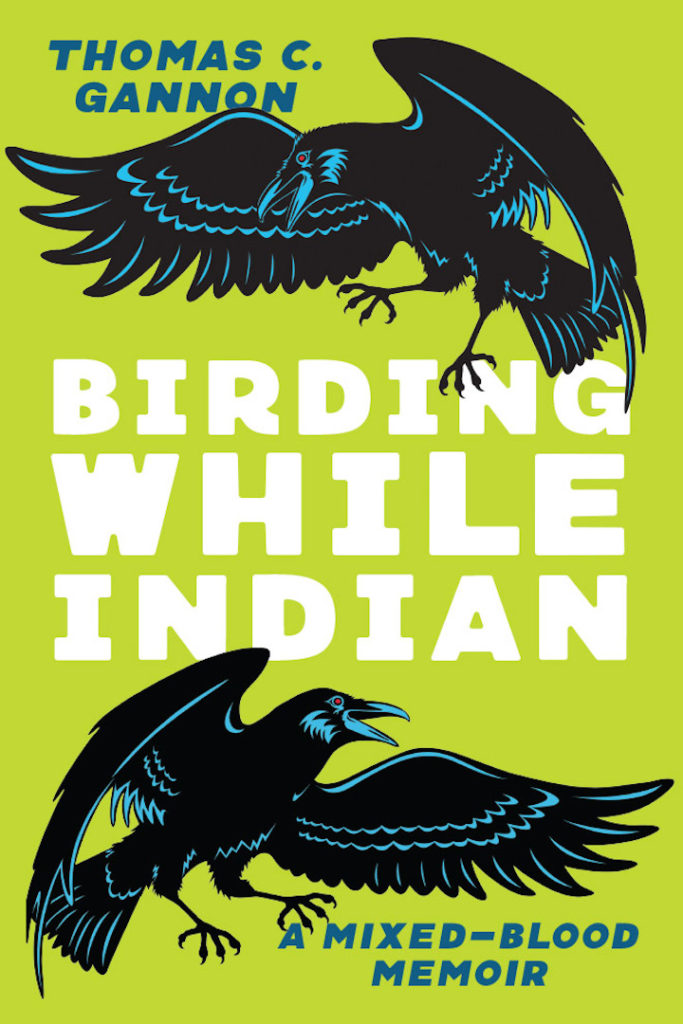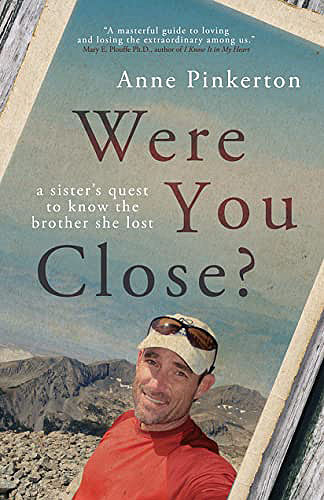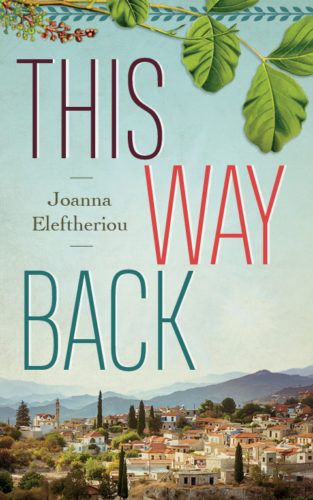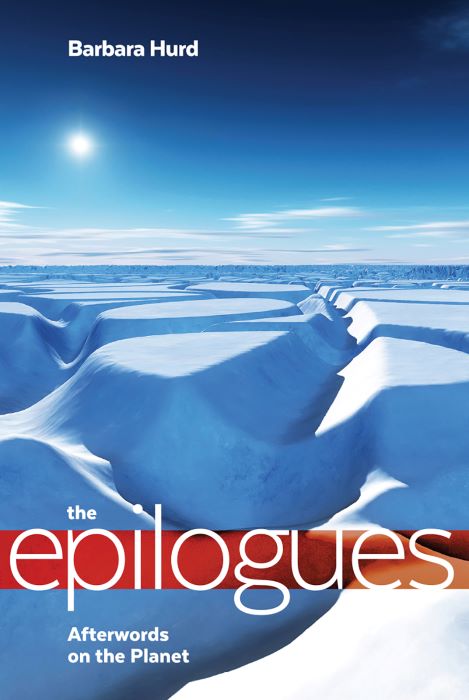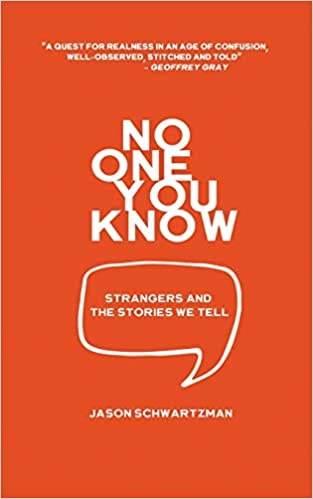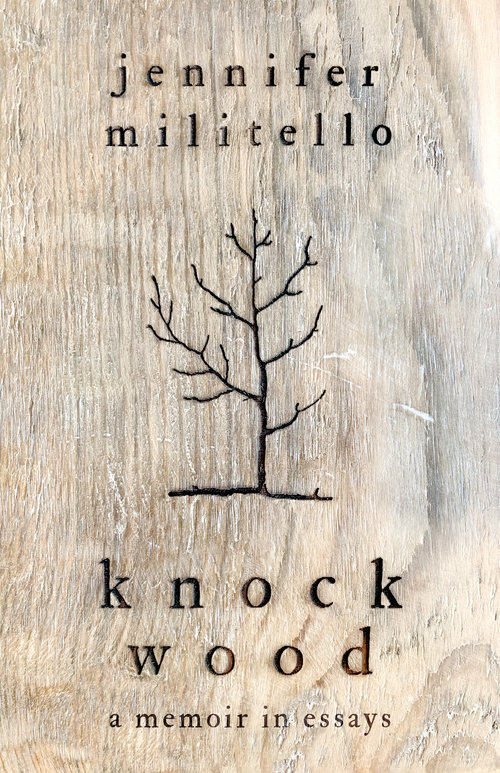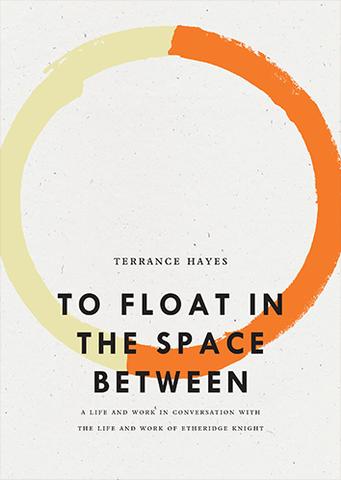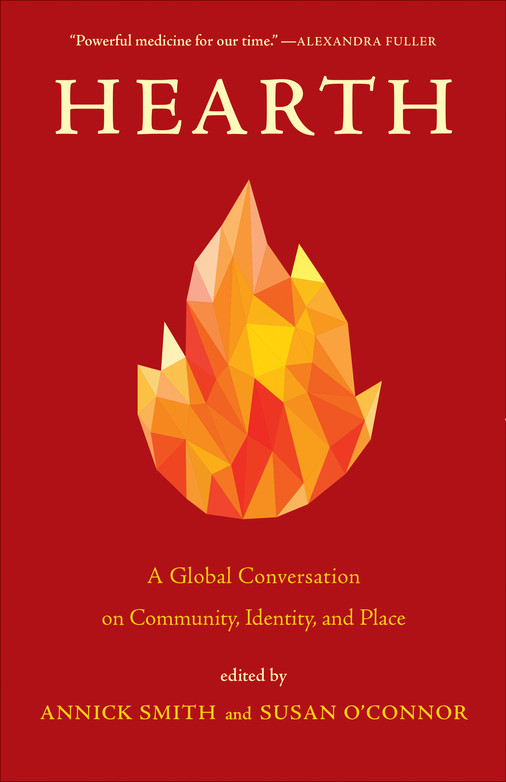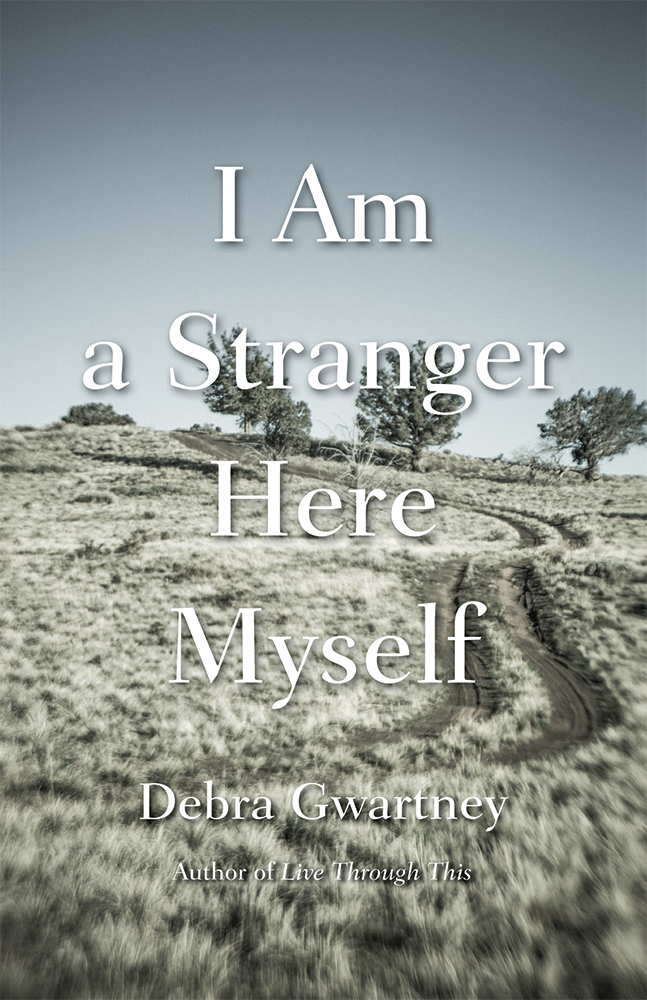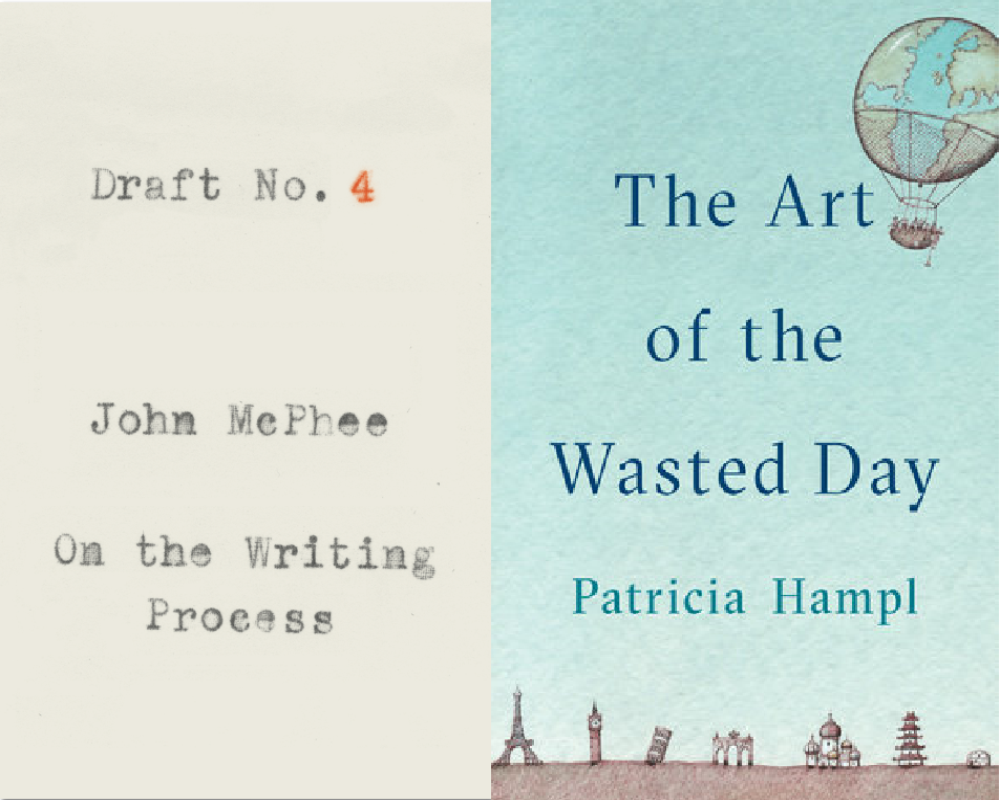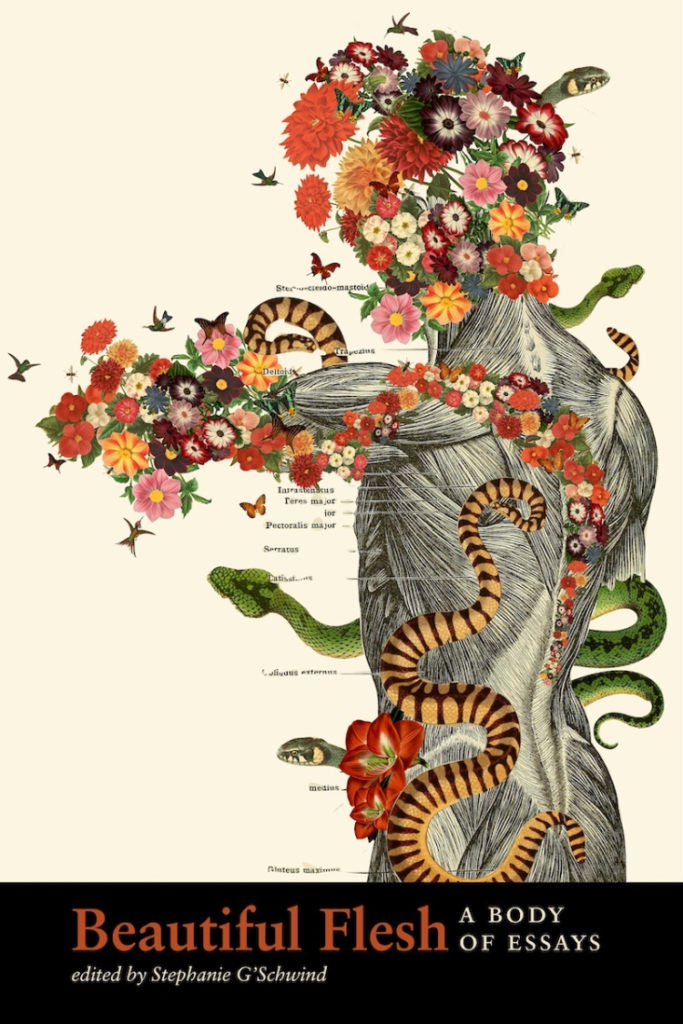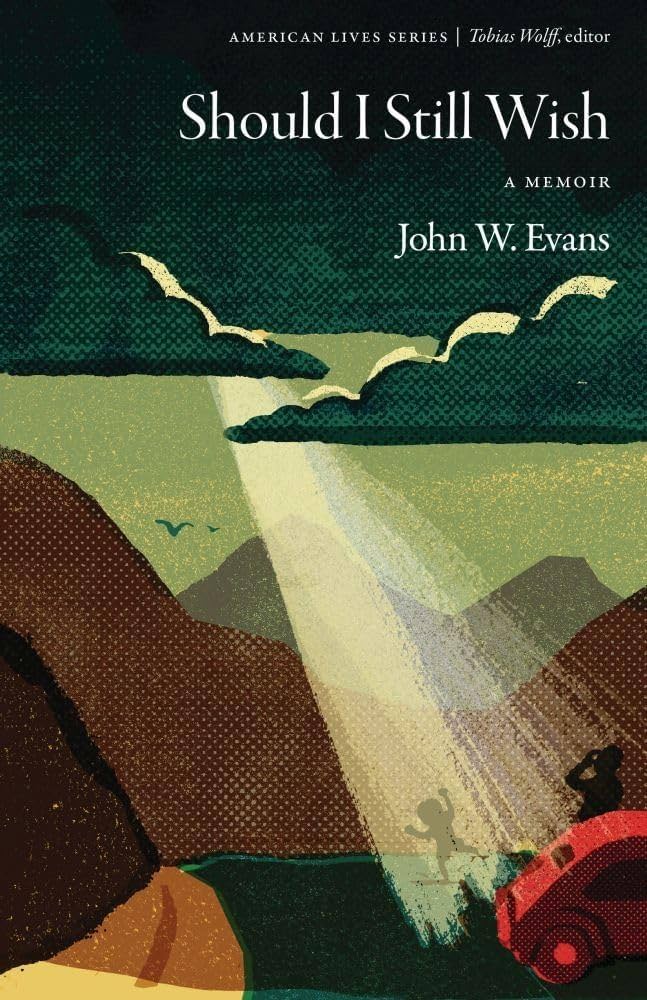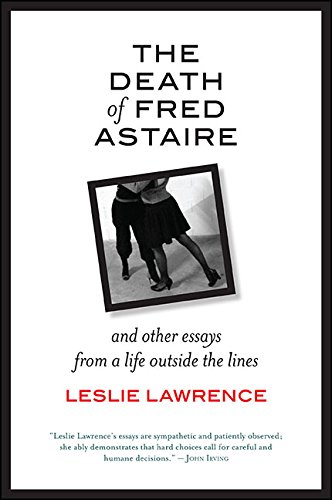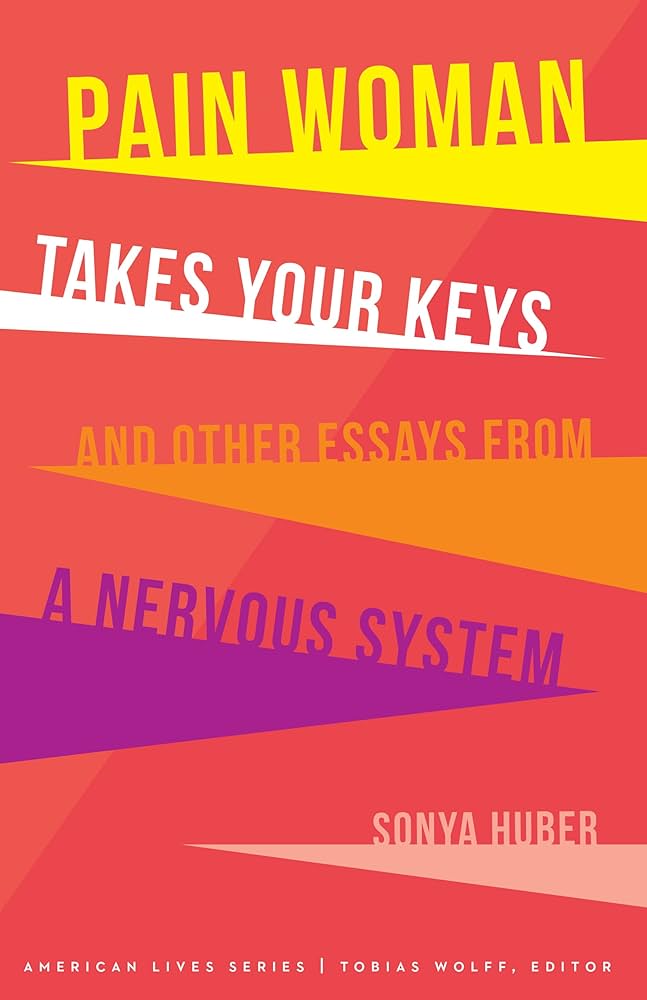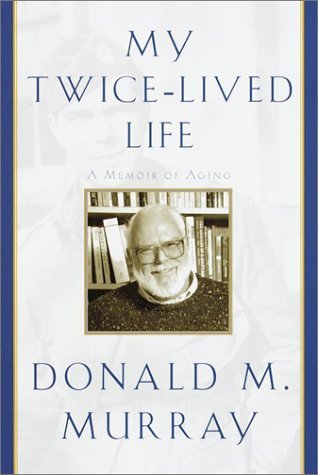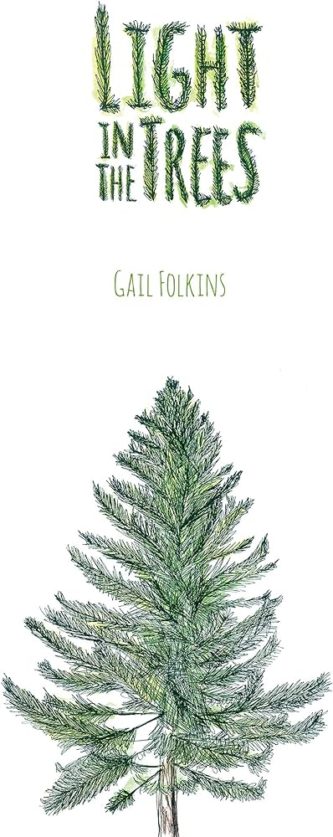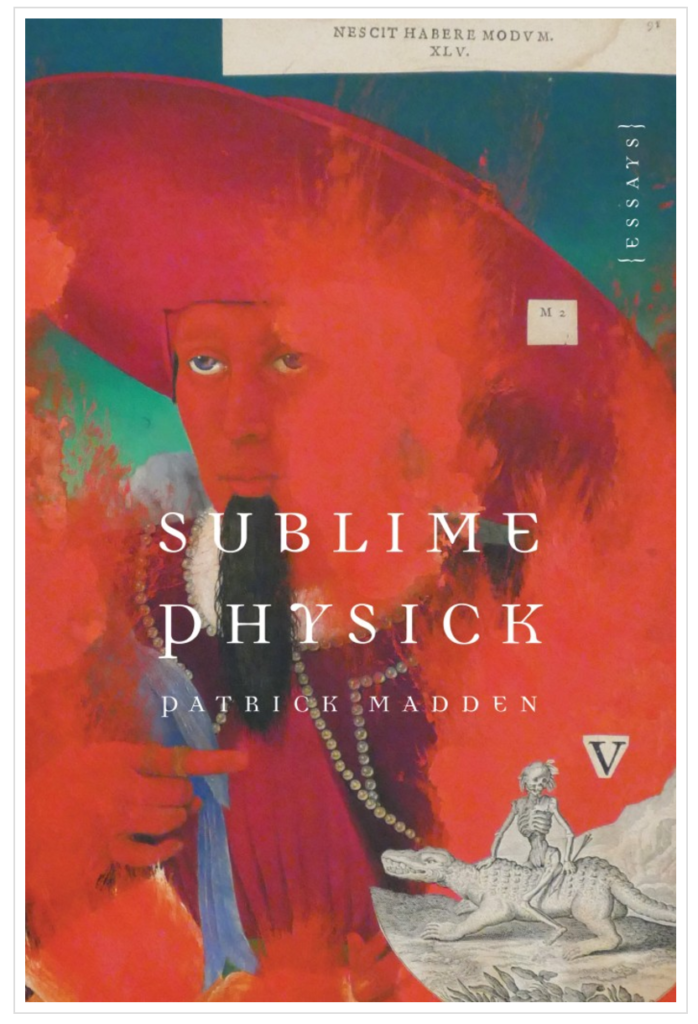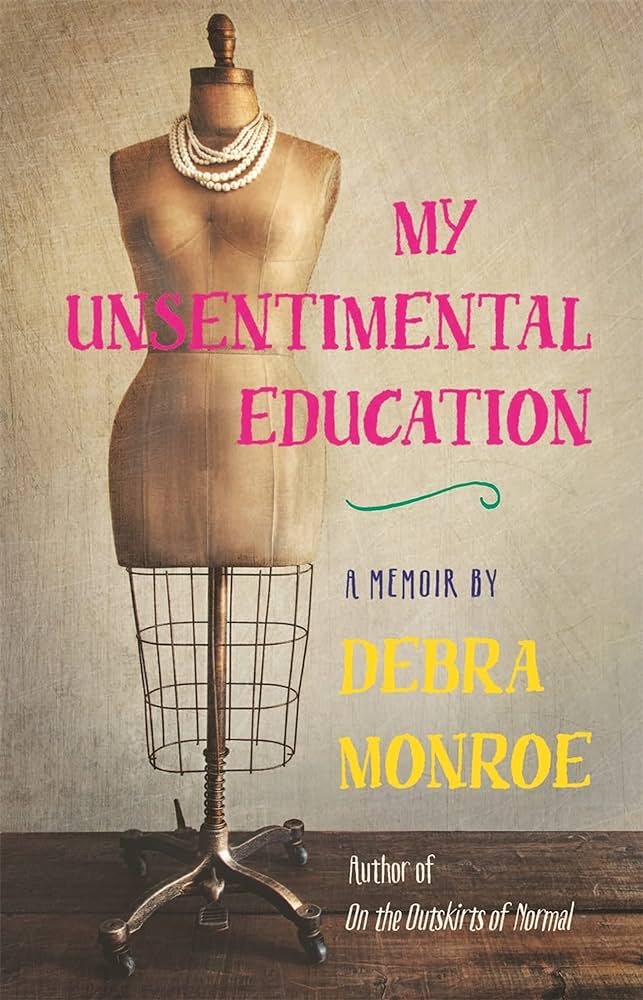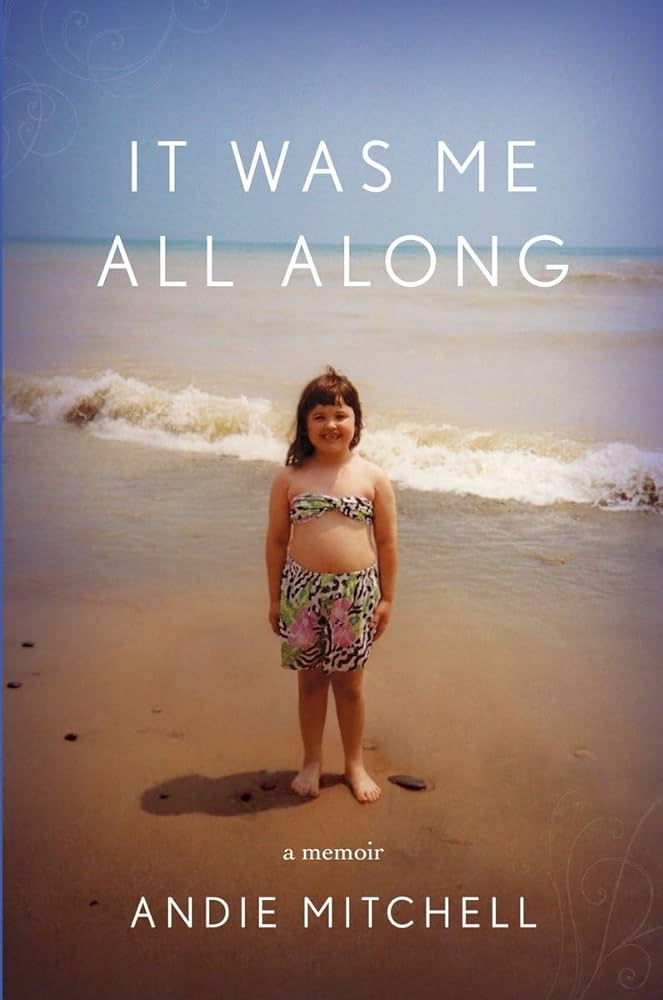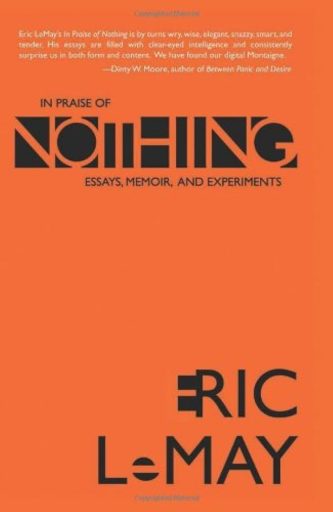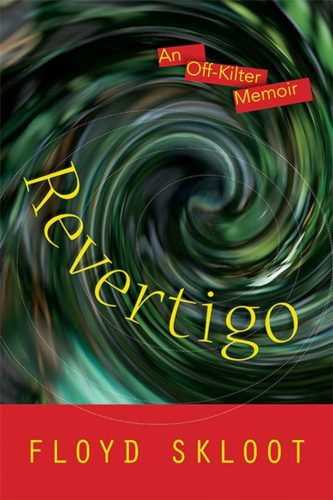By David MacWilliams
on A Hundred Little Pieces on the End of the World by John Rember
John Rember’s essay collection is both delightful and depressing. The ten essays, each divided into ten segments (thus, the “hundred little pieces”), flesh out his perspective as our civilization and its natural environment crumbles. Humanity is the executioner and the victim, and Rember is one witness who offers his testimony on the “human-scale realities” of this global collapse. His conviction borne out in these linked essays—that we’re all doomed, and soon—is relentless. So is his dark humor, which, at times, is very funny. If we’re all gonna die before our time, we might as well die laughing.
In the essays, he examines his past—a ski patrol member at a resort, a college English professor, a survivor of severe depression—and his present—a retired, happily married, anxious, Costco shopper. Through it all, he’s been writing. To look backward and to look around now are equally valid; his main goal is to bear witness to the environmental evils we’ve inflicted on ourselves, and on a much smaller scale, to record some of the kindnesses we’re still capable of.
Readers may embrace or ignore his dire perspective on the end of the world—it’s hard to do either—yet it is easy to accept his invitation into his mind, to enjoy his insights and jokes, to share his scholarship, to laugh at his foibles and those he points out in others, and to despair with him at the mistakes humanity has made in its path towards self-destruction.
In the ninth essay, “the unconscious and the dead” (subtitled “The best classes always have somebody dying in them”), Rember writes about a student of his who chronicled his imminent death due to cancer. The student submitted an unfinished seventy-one-page essay, which Rember summarizes: “[I]t’s the account of an aware human being trying to stay aware in the face of malignancies.” In brief, that’s what Rember is doing in this collection.
The author is aware of the excesses of consumerism, of the depleted environment, of the “flaw” in our nature to prefer fiction over reality, of self-serving politicians, and of potentially violent survivalists, some of whom are his neighbors in the Sawtooth Valley of Idaho. He examines these malignancies throughout his book. For example, in the seventh essay, “eating with peter singer,” he considers the damage Utilitarianism, “the greatest good for the greatest number,” has caused. Singer is a bioethicist and moral philosopher who advocates that the wealthy are morally responsible to contribute a large portion of their wealth to the neediest. To what degree does Rember’s own actions adhere to Peter Singer’s argument?
In a simple trip to Costco, he imagines that purchasing a forty-dollar bottle of wine is the equivalent of withholding a forty-dollar donation from starving children, an ethical point that Singer believes Rember should realize. He also confronts his own sense of guilt. To have lived his privileged existence means that Rember is part of a system that often leads others to despair and unhappiness. Unfortunately, the only solution he offers to the dilemma of balancing one’s pleasure against the pain others feel is to not think about the problem. Not think about it too much, anyway, since a large portion of his essay deals with the guilt he feels in failing Singer’s moral imperative. Rember admits in so many words that he is not capable of contributing enough to charity. He implies that it’s a fault everyone suffers from; that is, it’s a fault of human nature.
“I’ve concluded,” he writes, “that doing the right thing and using my Costco card require that I not think about them at the same time. If I do, going to Costco becomes an exercise in pain and guilt, things I usually go to Costco to avoid.”
Rember is unflinchingly honest and expresses a guilt I share, perhaps, we all do. He does not proffer false hope or idealism while and his response is unfortunately conventional. It lies in “loving each other and treating the people we meet with such decency and kindness as we can.”
In other words, his response to global problems is narrowly local and disappointingly rooted in the present moment. It is kind to pour our friends another glass of wine from the bottle we bought at Costco. That act of kindness will gratify us and our guest. Being nice may alleviate our pain and guilt for a moment—we ought to be nice to one another as we swirl the Chardonnay down the tubes—but it really has nothing to do with the climate emergency and other impending disasters at all.
As I read through these essays, I hoped Rember would change his mind about all his doomsaying; if not, at least offer some hope that we can turn things around. He does neither. Part of me hoped his lucid writing, his jokes, his acknowledgment of our problems were partly solutions in themselves. If we celebrate our shared values and confirm our shared humanity, we might find a united front against these ills that plague us. But he won’t have any of it. In a few paragraphs near the end of the book, he admits as much:
You might think I should be spending my time looking for solutions to ongoing extinctions. But looking for solutions where none exist is trivial in itself.
It’s more important to remain a careful and conscious witness to the good things humans still embody. Those are love, kindness, empathy, and caring. They don’t seem to work well at the scale of billions of people. They work better if you can exercise them when folks are over for dinner.
Focused on the microcosm, he sees no hope at all for the “billions” who must perish. In his sixth essay, “is civilization too dumb to live,” he provides a succinct diagnosis. This passage is typical of dozens like it throughout his book. It catalogs the problems and summarizes them, at the end, in a pointed, witty line or two:
[W]e live on a planet that gravity has shaped into a sphere, and that sphere isn’t infinite. Our global civilization is running into limits on essential resources and other limits on where to put the garbage. These limits, when apprehended by brains formed by a quarter-million years of tribal living, spark tribal solutions: financial and political favoritism, scapegoating, appeals to the dark gods of vengeance, and a breakdown of civility between people who heretofore have tolerated each other.
In other words, people who seemed highly intelligent when our civilization was growing and thriving turn into morons when economies slow and threaten to go into reverse.
People who should know better put corporate profits above the health of children, support government shutdowns, and get in fistfights with former astronauts. Their kids have to sneak out of the house to get vaccinated. Whole swaths of the population, experiencing personal and familial and cognitive disaster long before the rest of us are aware it’s happening, vote for people who promise to raze once-venerated institutions to the ground rather than try to repair what’s broken.
A civilization going ka-ka in its own nest? An unwitting—by definition—conspiracy of morons? Believe me, it’s the simplest explanation.
Maybe, maybe not. Donald Trump’s administration as corrupt as the one he describes above was just voted out by a resounding majority. Rember may not see any hope in that, but the alternative, waiting for the next election cycle and expecting another destructive administration, is nothing more than surrender. Might as well reach for the wine.
Rember doesn’t engage with opposing or alternative viewpoints; he doesn’t examine science, not really; he doesn’t offer solutions beyond being nice to others. So why read such a depressing book? Because Rember has a lot to share. His voice is personal, confidential, trustworthy. He writes with humor and with compassion. He’s thoughtful, intelligent, and despite his gloom, he’s good company most of the time. Here he writes with dry humor about consumerism and greed as embodied by the Costco (again) in Boise, Idaho. This is another of his searing catalogs, recognizable and funny:
I’ve just come back from a trip to the Boise Costco, and from the healthy sizes of the humans in its aisles, it will be a long time before starvation will trump ethics in my neck of the woods. But something is trumping ethics, there in those crowded aisles of leather furniture, foreign cheeses, plastic-wrapped animal parts, Vietnamese sweatshop clothing, cell phones, giant flat TVs, motor oil and tires, patio furniture, five-bladed razor cartridges, vitamin supplements, bulk coffee, southern-hemisphere fruits and vegetables, robot-created oil paintings of blue-eyed, blond Jesuses—the carts carrying this stuff leave every Costco big box in a steady stream.
When he’s not arguing, his mode is narrative; he avoids lyric prose. His topic is too serious. But he often reflects feeling and insight. Here, in the final essay, “the way we live now, again,” he offers advice on depression:
Depression nearly killed me once, and it’s killed friends and neighbors and people I went to school with. The only thing that saved me was the knowledge that at some point my life had ceased to be my own property and had become the property of the people who loved me. It takes time to understand that distinction, and you can’t understand it at all if nobody loves you.
Although there’s not enough love in the world, chances are that somebody loves you, and you shouldn’t decide to kill yourself without consulting the person or persons doing the loving. The voice of your depression is going to tell you that they don’t love you, but you should ask them if that’s true. If they say they love you, believe them and stay alive for them.
Still, this is a gloomy book: Immediately after this passage, Rember wheels right back into his dire predictions. He compares our civilization to a depressed person, hopelessly suicidal. Later in this chapter, he writes, “I think we’ve got ten more years of history before we run out.” Unfortunately, his book came out in 2020, and I imagine he wrote this passage the year before that, so we may have, by his calculation, only eight years left. So be it.
As a witness to our final days, he sees it all, and then some. You don’t have to buy his argument. The book has enough humor and insight to make it worth a read, though maybe not a reread since the remainder of our time is too short.
A Hundred Little Pieces on the End of the World by John Rember
University of New Mexico Press
$24.95 Hard cover | Buy Now
David MacWilliams earned his MFA in Creative Nonfiction from Ohio’s Ashland University in 2011. His work has appeared in Pilgrimage, Mason’s Road, Apple Valley Review, Creative Nonfiction, the tiny journal and elsewhere. He is Division Head of Arts and Sciences at New Mexico State University, Alamogordo, and lives in Cloudcroft, New Mexico with his wife.


